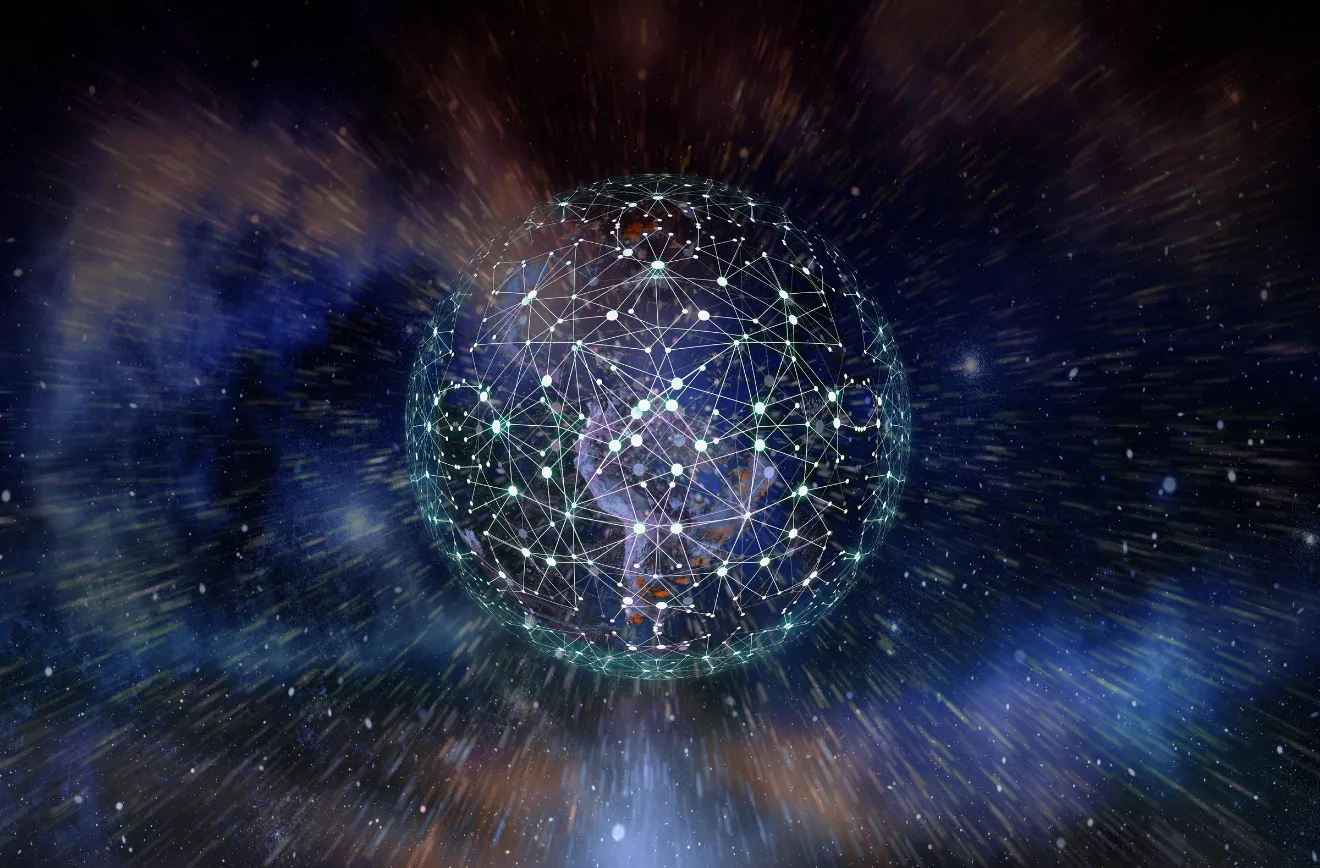
What Is an Oracle in Blockchain?
In the blockchain world, smart contracts are often praised for their ability to automate processes without intermediaries. But they have one big limitation: smart contracts cannot access data that exists outside the blockchain. So how do these systems interact with the real world?
That’s where oracles come in.
A blockchain oracle is a third-party service that connects blockchains with external data sources. Oracles allow smart contracts to access and use off-chain information—ranging from real-time price feeds and weather reports to bank account balances and API data. Without them, smart contracts would be limited to executing only based on on-chain data.
In simple terms, if a smart contract is the brain, the oracle is the nervous system that connects it to the outside world. To truly understand what an oracle is, we must look beyond definitions and understand its essential role in making blockchain systems more practical, responsive, and interconnected.
The Oracle Problem
Blockchains are designed to be closed, deterministic systems. This isolation provides their most valuable features: transparency, security, and consensus. However, it also means blockchains cannot natively obtain external data, a limitation known as the “oracle problem.”
Understanding what a blockchain oracle is also means understanding this problem. Oracles solve it by delivering external information to a blockchain, allowing smart contracts to make decisions based on real-world events. The challenge lies in ensuring that the data delivered is accurate, tamper-proof, and decentralized.
What Can an Oracle Do? Real-World Use Cases
To fully grasp what a blockchain oracle is, it helps to look at real examples. Oracles are the gateway between smart contracts and real-world data—without them, many decentralized applications simply wouldn’t work. Let’s explore what oracles can do in key sectors.
For a deeper understanding of what a blockchain oracle is, watch this video that complements the insights shared in this article.
Types of Oracles
There are several types of oracles, each with a specific purpose:
-
Software Oracles: Provide data from online sources like APIs (e.g., exchange rates, sports results).
-
Hardware Oracles: Fetch data from the physical world through sensors, such as weather conditions or supply chain information.
-
Inbound Oracles: Deliver off-chain data to the blockchain.
-
Outbound Oracles: Transmit blockchain data to off-chain systems.
-
Consensus-Based Oracles: Aggregate data from multiple sources to ensure reliability.
Each category adds another layer of context to what an oracle is—a highly adaptable tool for connecting blockchains to the outside world.
Use Cases of Oracles in Blockchain
Oracles play a crucial role in many blockchain-based applications:
-
Decentralized Finance (DeFi): Smart contracts use oracles to get accurate asset prices, enabling lending, investing, and automated trading.
-
Synthetic Assets: Oracles provide real-world asset prices to ensure synthetic tokens remain properly pegged.
-
Insurance: Parametric insurance models depend on oracles to trigger claims based on data like flight delays or weather events.
-
Gaming and Prediction Markets: Real-world outcomes—such as sports scores—are fed into blockchain systems via oracles.
These use cases further illustrate what a blockchain oracle is—not just a concept but a vital component for enabling automation based on external reality.
Oracles and RWA Tokenization
At PBG, one exciting application of oracles lies in the tokenization of Real-World Assets (RWAs). Through oracles, smart contracts can receive updates on real-world data points—such as a traditional bank account or another blockchain. While the oracle cannot interact with or move the funds, it can monitor and report changes in the balance.
This creates a level of transparency that increases trust. For example, if a company moves funds from an off-chain account without corresponding on-chain actions (such as burning tokens), the oracle can detect this imbalance. As a result, the system can automatically adjust the tokenized asset’s value in real time, making it impossible to misrepresent what actually backs the asset.
Why Oracles Matter for PBG
At PBG, we are committed to transparency, decentralization, and security in digital asset management. Blockchain oracles play a key role in upholding these values. By integrating oracles into Decentralized Vault Portfolios (DVPs) and future applications like RWA tokenization, we ensure that blockchain-based financial tools remain connected to the real world—without compromising trust or control.
In a financial ecosystem where trust depends on verifiable data, what an oracle is becomes more than just a technical answer. It’s about accountability, interoperability, and the foundation for a decentralized financial future.
Disclaimer: This article is for educational purposes only and does not constitute financial, legal, or professional advice. Opinions expressed, including those of cited sources, may not reflect current conditions. Readers should conduct their own research and consult professionals for specific guidance. PBG.io and the authors are not responsible for decisions made based on this content.

